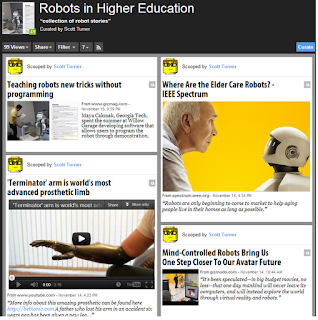Vol 4, No 1 (2012)
Table of Contents
| Editorial | |
| Rachel Maunder, Scott Turner, Simon Sneddon, Anna Crouch | 1-2 |
Articles
| Students’ views on higher education learning environments for professional teacher education | |
| Diane Stoncel, Ann Shelton-Mayes | 3-16 |
| Assessing the impact of students facilitating workshops within the context of a collaborative cross institution project | |
| Grant Petrey | 17-31 |
| An action research project to explore the effect of a pre-assessment intervention with undergraduate occupational therapy students | |
| Anita Volkert | 32-43 |
| An exploration of the motivations of service users and carers involved in student social work education and the challenges that such involvement brings | |
| Valerie Gant | 44-58 |
Critical case studies
| Using culturally relevant case studies to enhance students’ learning: a reflective analysis of the benefits and challenges for social work students and academics | |
| Prospera Sorviel Tedam | 59-69 |
Work in progress
| Coping with the first fail: a strategic approach to student retention | |
| Simon Smith, Andrea Lee | 70-74 |
Book reviews
| Helping Doctoral Students Write – pedagogies for supervision | |
| Nick Sutcliffe | 75-77 |
ISSN: 2041-3122
The Journal Enhancing the Learner Experience in Higher Education can be found at: http://journals.northampton.ac.uk/index.php/elehe/index









